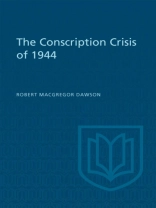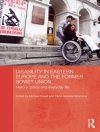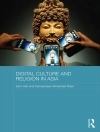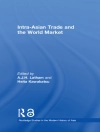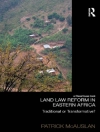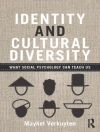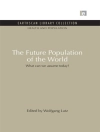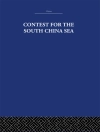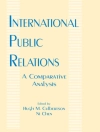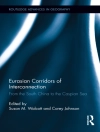In the late summer of 1944 the people and Government of Canada had every reason to view with satisfaction the progress of the war and their own part in it. The landing in Normandy had been successful, the enemy was in retreat from Belgium and Holland, Germany itself had been entered. The end of hostilities in Europe seemed in sight, and the Canadian Government in October began to plan for the celebrations to take place on the day victory was announced. Suddenly this atmosphere of imminent success and relaxed tension was broken by the unexpected re-appearance of the ghost of conscription.
In mid-October Colonel Ralston, the Minister of National Defence, returned abruptly from an inspection trip overseas to report to Prime Minister King that infantry reinforcements for the units fighting in Italy and Northwest Europe were an acute problem and that there seemed no hope of increasing them to the required numbers in the required time. Many, from the Minister himself down, felt that the manpower pools could only be filled by immediate conscription from overseas service of men already called up for home defence under the National Resources Mobilization Act. The Government of Canada was thus confronted with a crisis of the first magnitude, which brought with it the threat of a schism that would cripple the war effort and set people against people, province against province for many years to come.
This book provides an engrossing account of how between mid-October and mid-November this crisis was faced and resolved. Professor Dawson is keenly aware of the drama in the clash of personalities, of political views, of beliefs and conducts the eagerly following reader day by day through absorbing events and discussions to the morning of November 22 when Prime Minister King decided on the Order-in-Council drafting 16, 000 men. The moment of solution was a historic one: conscription had been put forward by the majority in such a fashion that the minority could accept it, if not with enthusiasm, at least with substantial goodwill. The contrast with 1917 was inescapable.
Professor Dawson has given a brilliant essays on the relation of political decision to popular consent in a democracy and it will attract and hold the attention of everyone interested in the arts of government.
